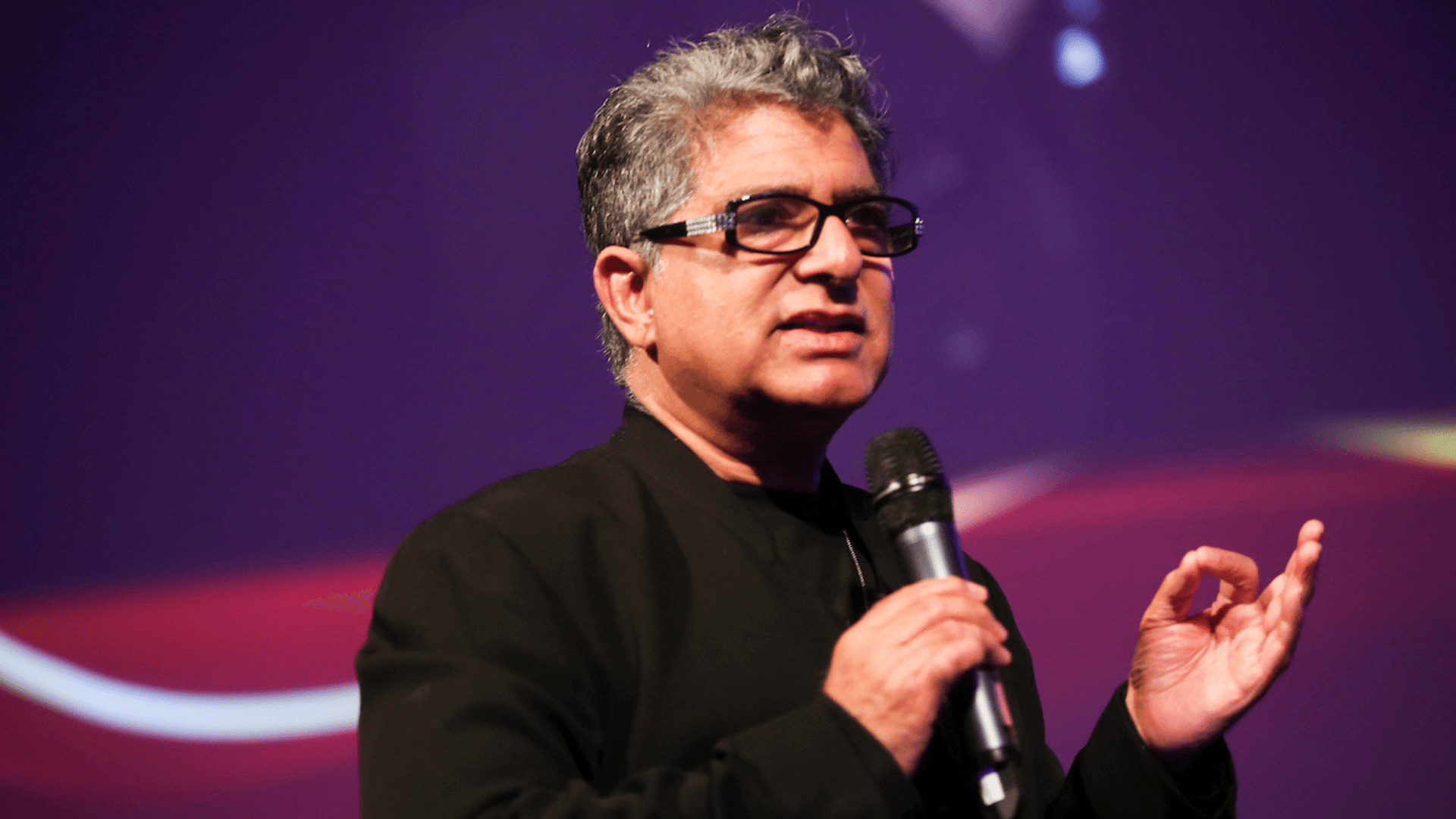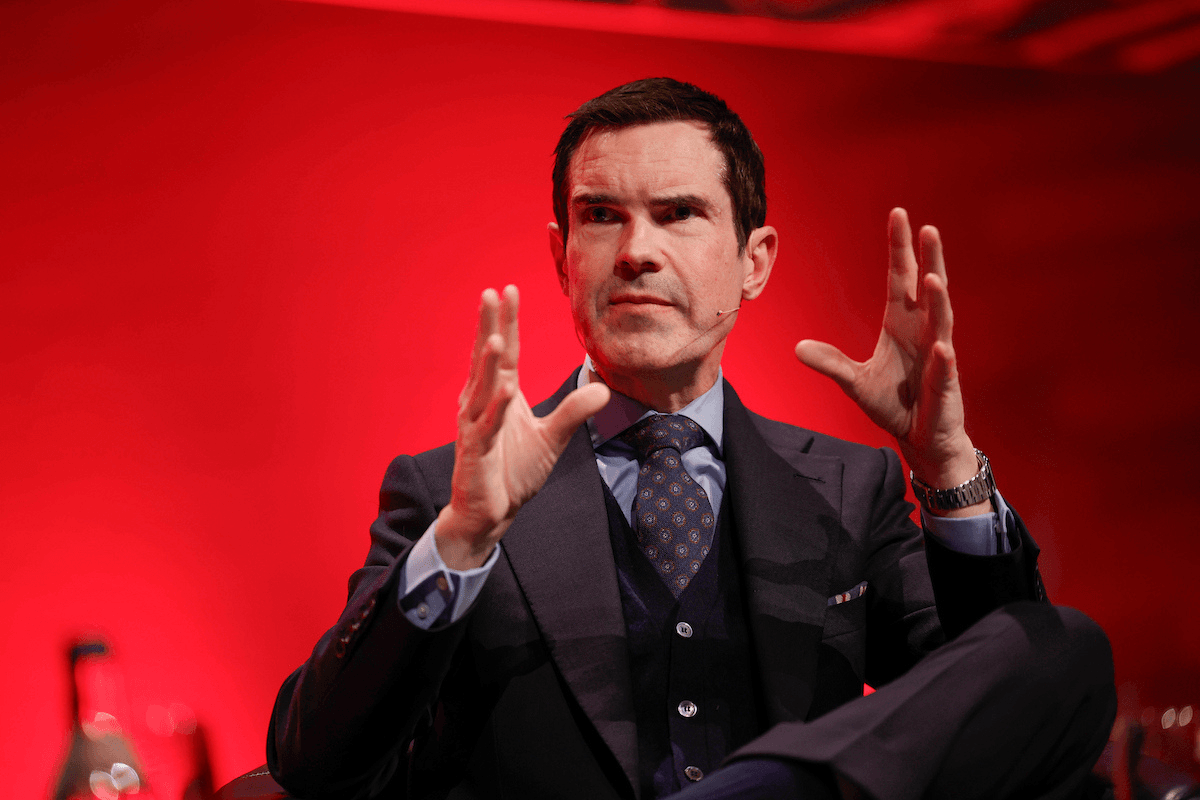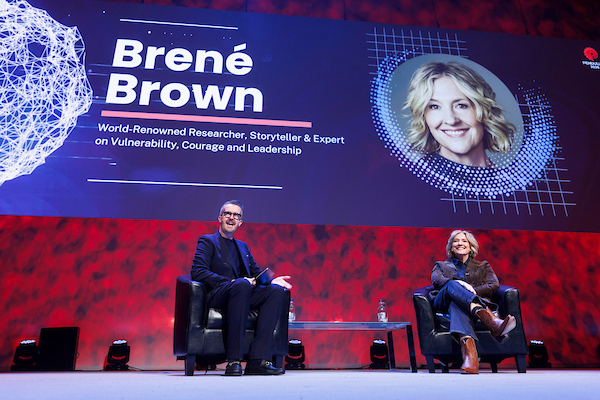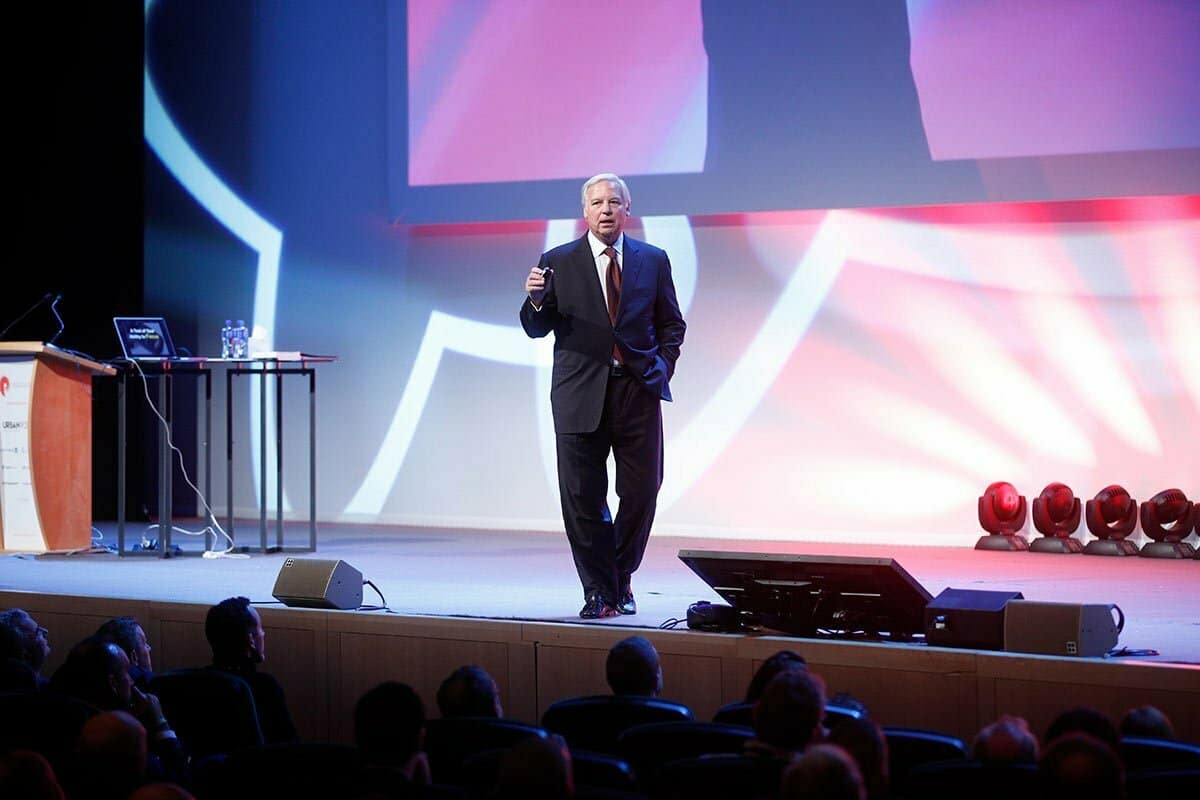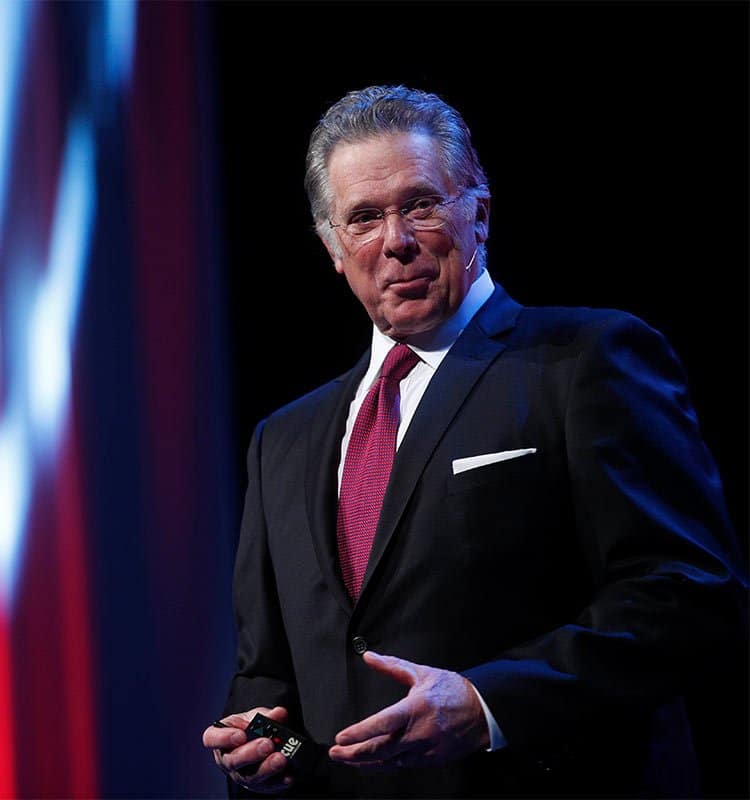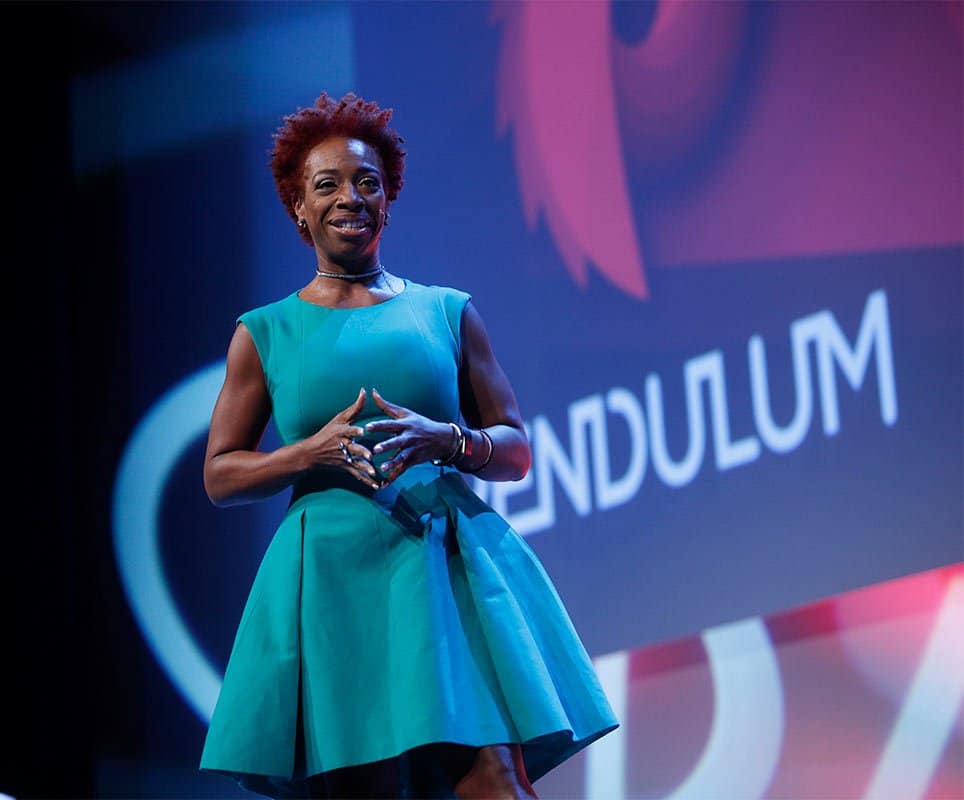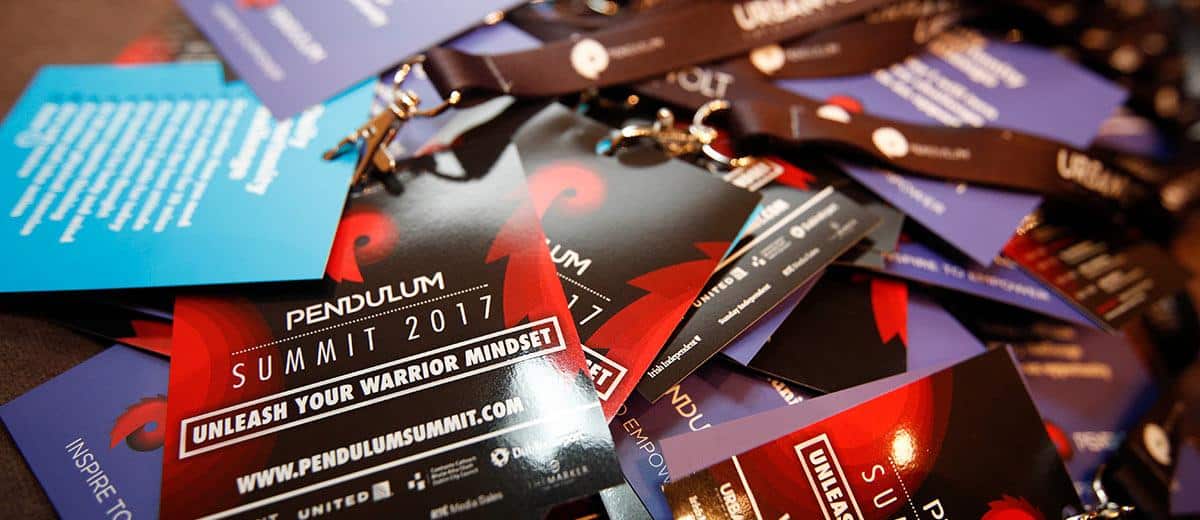The Biology of Emotion
Chopra began with a simple but powerful truth: your emotions are chemistry.
“Whenever you are experiencing any emotion, you make chemicals in the brain and they circulate in your body.”
These chemicals, such as serotonin, dopamine, oxytocin, anandamide don’t just affect mood, they interact with every major system in the body, including the immune system. In other words, how you feel directly influences how you function.
“Look at stomach cells, immune cells—any cell in the body—you’ll see receptors to these chemicals. You’ll even find them on immune cells that help us fight infection and cancer.”
For leaders and high performers, this isn’t abstract theory. It’s a reminder that our internal state, our level of awareness, stress, and emotional balance is directly tied to our health, creativity, and leadership capacity.
Beyond Motivation: The Inner Operating System
“I’m not here to motivate you. Not even to inspire you. Just to share what’s been useful in my journey.”
Unlike many keynotes aimed at short-term energy boosts, Chopra’s intention was deeper: to offer a new operating system for understanding life, work, and self.
He spoke about neuroendocrinology (the study of how brain chemicals regulate emotion and behavior) and invited the audience to consider how much of our action is unconscious, reactive, and based on learned patterns.
What if the first step in becoming a better leader wasn’t setting bigger goals but cultivating awareness?
The Science of Self-Awareness
Chopra’s work bridges ancient wisdom and modern neuroscience. He believes that self-awareness is the foundation of everything, from empathy to resilience to innovation.
He referenced findings in brain chemistry and immune function, but his ultimate message was about conscious choice:
“When we access awareness beyond thought, we begin to see that we are not our thoughts, not our emotions. We are the observers.”
In a business context, this becomes profound: leaders who can observe without reacting, who respond instead of reflex, create space for clarity, creativity, and trust.
Emotional Intelligence Starts in the Body
What’s often called “emotional intelligence” in leadership circles begins in the body. The ability to regulate stress, remain calm under pressure, and foster connection is physiological before it’s behavioral.
Understanding the chemical nature of emotion, as Chopra explains, gives us the power to intervene – not just mentally, but physically.
Simple practices like breathwork, meditation, and mindfulness aren’t just trends, they’re tools to regulate our internal chemistry, making us more effective leaders, colleagues, and creators.
Final Reflection:
“If we can learn to witness ourselves—our thoughts, our emotions—we open the door to transformation.”
At Pendulum Summit, Deepak Chopra delivered more than a keynote, he offered a reframing of what it means to live and lead well. In doing so, he connected the dots between science, consciousness, and business performance in a way only he can.
His message to the Pendulum audience remains timeless: If you want to lead others, start by understanding yourself, not just psychologically, but biologically and spiritually too.
It’s a defining moment, not just in his talk, but in his philosophy. Leadership is not a title. It’s an obligation to show up fully. And if that fire is gone? Step aside and let someone else carry the flame.
This kind of self-awareness and humility is rare. But it’s exactly what separates leaders of position from leaders of purpose.
Final Reflection:
“We want to build something solid, strong, genuine, built on good values..with a real respect for what we were doing.”
At Pendulum, Brian Cody didn’t deliver a performance. He delivered a philosophy – a blueprint for how to lead with integrity in any arena. His message wasn’t motivational for the sake of it. It was measured, methodical, and anchored in lived experience.
In today’s fast-moving world, his brand of leadership may seem understated. But for those who understand the true weight of responsibility, it’s exactly the kind of clarity we need more of.
Because legacies aren’t built in moments, they’re built in the standards we keep, the values we protect, and the people we lift along the way.
